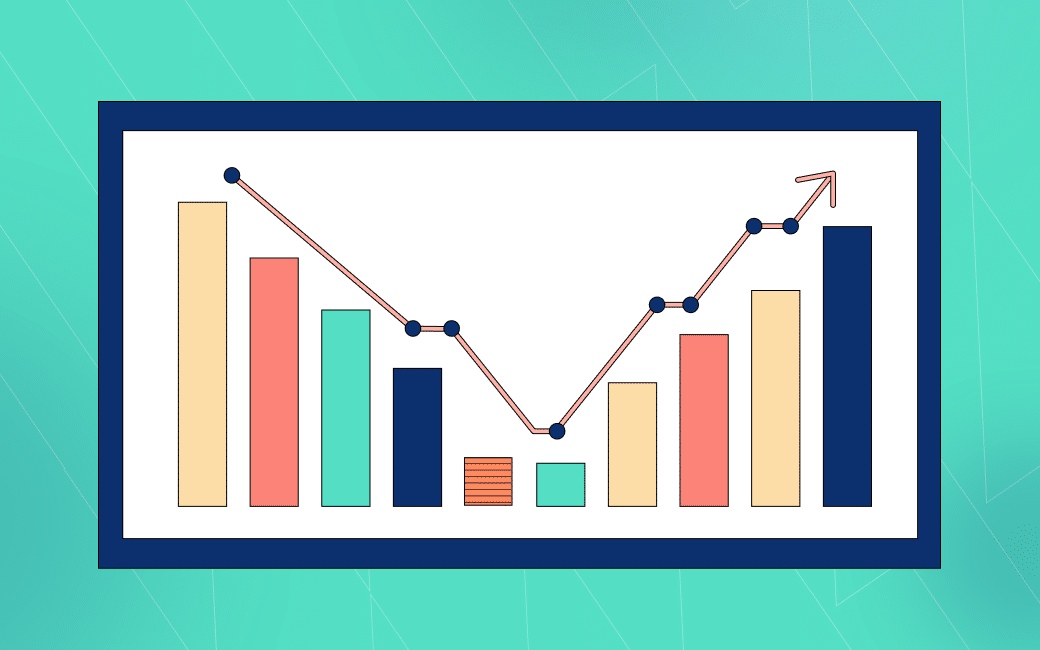What are The Pros & Cons With Forex & Stocks?
Learn the difference between forex & stocks, the pros and cons to each and find out which one is best suited to your goals.

Introduction
If you have just entered the trading world, this question will be hot on your heels: should you trade forex or stocks? Forex is made up of dozens of currency pairs, and the stock market lists thousands of companies. The forex vs stocks question is a big debate among traders.
You may hear different answers – the truth is the stock market is vastly different from the foreign exchange. Before you decide whether to trade forex or stocks you will want to weigh up the pros and cons of both markets. Ultimately, the question is down to personal trading style.
Compare The Two
First off, let’s cover the basics. Forex (short for “foreign exchange”) is the global marketplace of currencies. Traders exchange currency pairs and bet on the price differences between them. Forex or “FX trading” generates around $6.6 trillion daily across four major financial hubs: Sydney, Tokyo, New York, and London.
Compare this to the stock market. The NASDAQ stock market sees an average daily trading volume of about $200 billion. That sure sounds impressive, but it is a drop in the ocean compared to the forex market’s $6.6 trillion daily volume.
Liquidity
Many traders choose forex over stocks for this very difference: market size and liquidity. A high volume of trading generally means a market with high liquidity.
This is important to traders because high liquidity means lower transaction costs and better spreads. In trading, “spread” means the difference between the buyer’s and seller’s prices.
Forex vs stocks day trading
One of the most significant differences between the stock market and the foreign exchange is when you can trade. The stock market has set opening and closing times, whereas you can trade forex 24 hours a day, five days a week.
Day traders on the forex markets are not limited to the business hours of one exchange (the NYSE for example is open from 9:30 am EST to 4:00 pm EST.). The beauty of trading forex is that the interbank market trades across different time zones around the world.
Narrow or wide focus?
There are approximately 2,483 companies listed on the London Stock Exchange. There are over 3,300 stocks listed on the NASDAQ. Keeping a finger on the pulse of the stock exchange is nigh impossible – you would need octopus’ arms!
The forex market, on the other hand, has about 180 currencies. Of those, there are only eight major currencies to keep an eye on. Forex traders can easily focus on the major currency pairs and look for patterns and trends between them.
Which Is The Best?
Now onto the biggest question of all – which will make you more money, forex or stocks? There is no hard and fast answer. Some traders find it easier to make a profit buying shares in stocks. Other traders prefer the high liquidity and low transaction rates of the forex market.
There are many factors to consider when deciding whether to trade FX pairs or buy and sell shares. The amount of capital at your disposal, the time you have to analyze the markets, and your level of risk aversion, to name a few. Short-term trading (where you open and close trades based on small price movements) is better suited to the FX market. Forex tends to change direction faster than stocks. Therefore, traders who like to hold their positions for months – or even years – are likely to make a bigger profit in the stock market.
Conclusion
Low transaction costs, around-the-clock trading, surely the forex market is better than stocks? Ease of trade is one thing, but turning a profit is another. There are many subtle pros and cons between the two markets. If you are new to forex or the stock market, your best bet is to find the right broker. TradeOr lets you trade FX pairs and stocks with 0% commission.